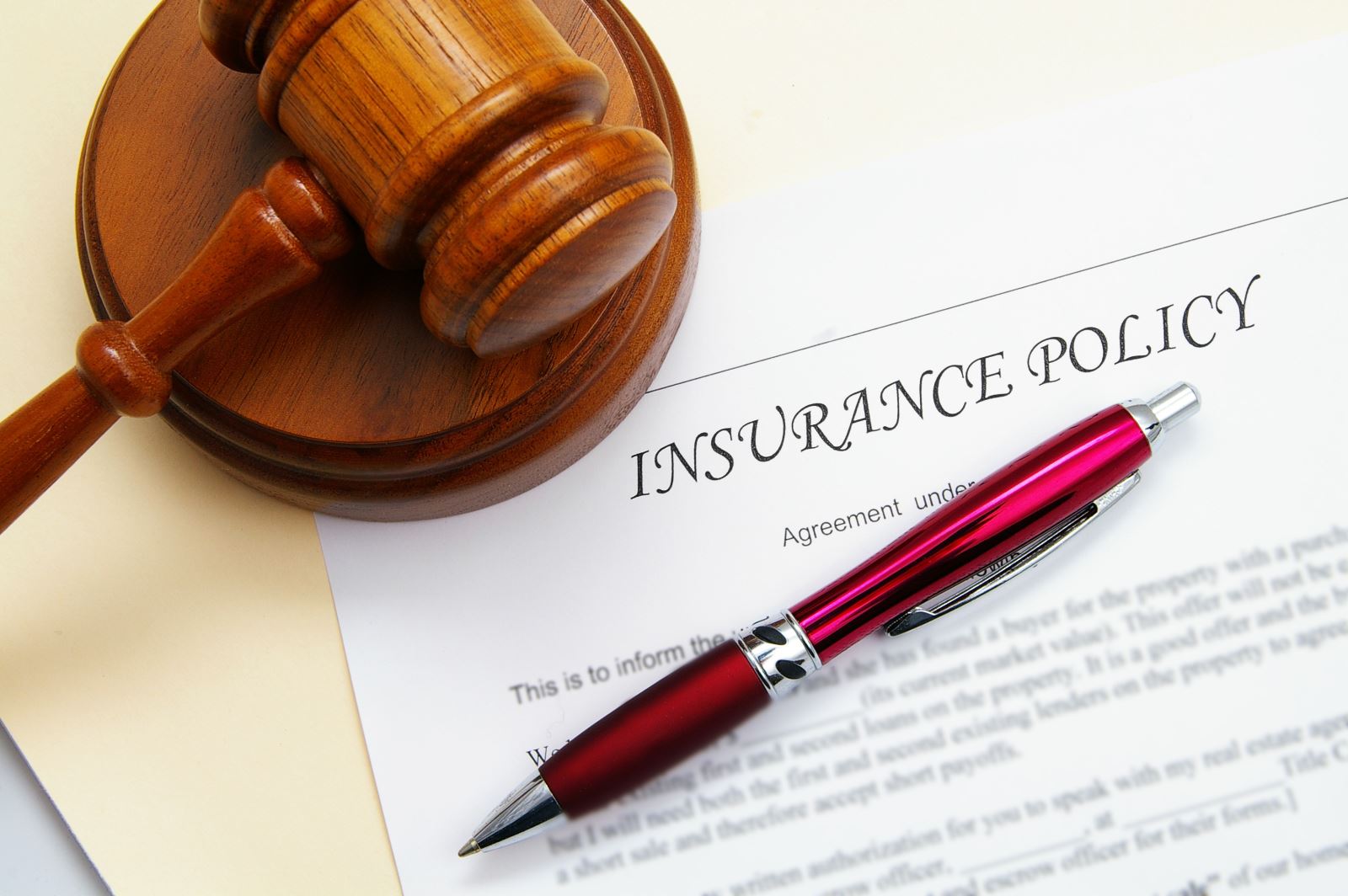In Jowite Limited Partnership v. Federal Insurance Company, the United States District Court for the District of Maryland issued a rare opinion addressing whether “collapse” is a covered “ensuing loss” under an all-risks insurance policy without a specific collapse coverage. Case No. 1:18-cv-02413-DLB (D. Md. August 17, 2020). In a win for insurers, the Court held that, under Maryland law, the ensuing loss exception to a construction defect exclusion did not apply to reinstate coverage where the purported “collapse” was to the defective property itself, regardless of whether the “collapse” was characterized as merely the damage caused by construction defects or a separate and distinct peril.
The insured, Jowite Limited Partnership (“Jowite”), owned an apartment complex constructed in the 1980s. Id. at 2. At various times between 1999 and 2017, the complex’s “Building 300” was inspected by construction professionals and discovered to be sinking. Id. at 2-3. The sinking resulted in significant structural damage to the building, including cracked interior walls and façade, rotted support beams, and a failed cement footer. One engineer deemed Building 300 uninhabitable. Jowite’s experts ultimately determined that Building 300’s improperly designed and constructed foundation and footers caused the loss. Id. at 3, 6.
Read more ›



 A recent decision from one of New York’s trial courts of general jurisdiction could have a chilling effect on written communications between an insurer and its retained counsel during a claim investigation. In Otsuka America, Inc. v. Crum & Forster Specialty Insurance Co., 2019 WL 4131024, Judge Andrea Masley of the Supreme Court of the State of New York, New York County, ruled that several communications between Crum & Forster (CF) and its attorney (including the attorney’s coverage opinion letter), were not privileged and must be produced. The Court found that CF retained counsel, in part, to provide an opinion on whether the insured’s claim was covered. Determining whether a claim is covered is part of the regular business of an insurance company, according to the Court. As such, the communications between CF were deemed discoverable.
A recent decision from one of New York’s trial courts of general jurisdiction could have a chilling effect on written communications between an insurer and its retained counsel during a claim investigation. In Otsuka America, Inc. v. Crum & Forster Specialty Insurance Co., 2019 WL 4131024, Judge Andrea Masley of the Supreme Court of the State of New York, New York County, ruled that several communications between Crum & Forster (CF) and its attorney (including the attorney’s coverage opinion letter), were not privileged and must be produced. The Court found that CF retained counsel, in part, to provide an opinion on whether the insured’s claim was covered. Determining whether a claim is covered is part of the regular business of an insurance company, according to the Court. As such, the communications between CF were deemed discoverable. Texas policyholders can no longer cut deals with storm repair contractors to pocket their deductibles for storm repairs. The Texas Legislature has amended the Texas Insurance Code and Texas Business & Commerce Code, targeting construction companies that offer “free roofs” and “waived deductibles” as enticements to policyholders. Previously, for example, contractors would reach an agreement to perform work for a policyholder, but waive or absorb the portion of the repair cost equal to the deductible. This waiver or absorption could occur through numerous paperwork tricks. Now, the policyholder must pay its deductible, otherwise the insurer can refuse to pay certain claims and the contractor can be charged with a crime.
Texas policyholders can no longer cut deals with storm repair contractors to pocket their deductibles for storm repairs. The Texas Legislature has amended the Texas Insurance Code and Texas Business & Commerce Code, targeting construction companies that offer “free roofs” and “waived deductibles” as enticements to policyholders. Previously, for example, contractors would reach an agreement to perform work for a policyholder, but waive or absorb the portion of the repair cost equal to the deductible. This waiver or absorption could occur through numerous paperwork tricks. Now, the policyholder must pay its deductible, otherwise the insurer can refuse to pay certain claims and the contractor can be charged with a crime.  Those familiar with first party insurance policies have undoubtedly encountered a recurring issue with the interpretation of appraisal provisions – what does it mean to disagree on the amount of loss? In Valvano Realty Co. v. American Fire and Casualty Co., the United States District Court for the Middle District of Pennsylvania recently held that a disagreement on the amount of loss encompasses situations where an insurer claims it needs additional documentation before it can determine whether a disagreement exists. Valvano involved a December 18, 2015 fire at the Plaintiff’s property in Dickson City, Pennsylvania, which was insured by American. American’s adjuster, working with a retained construction consultant and structural engineer, determined the replacement cost value of the loss to be $140,920.61, and the actual cash value to be $110,608.34. Plaintiff disagreed, claiming the building was a total loss, and demanded the policy limit for property damage of $850,113. American paid its adjuster’s determination of the actual cash value of the loss ($110,608.34) and, in response, Plaintiff indicated its intent to invoke the policy’s appraisal provision to settle the dispute. The relevant provision states as follows:
Those familiar with first party insurance policies have undoubtedly encountered a recurring issue with the interpretation of appraisal provisions – what does it mean to disagree on the amount of loss? In Valvano Realty Co. v. American Fire and Casualty Co., the United States District Court for the Middle District of Pennsylvania recently held that a disagreement on the amount of loss encompasses situations where an insurer claims it needs additional documentation before it can determine whether a disagreement exists. Valvano involved a December 18, 2015 fire at the Plaintiff’s property in Dickson City, Pennsylvania, which was insured by American. American’s adjuster, working with a retained construction consultant and structural engineer, determined the replacement cost value of the loss to be $140,920.61, and the actual cash value to be $110,608.34. Plaintiff disagreed, claiming the building was a total loss, and demanded the policy limit for property damage of $850,113. American paid its adjuster’s determination of the actual cash value of the loss ($110,608.34) and, in response, Plaintiff indicated its intent to invoke the policy’s appraisal provision to settle the dispute. The relevant provision states as follows: 